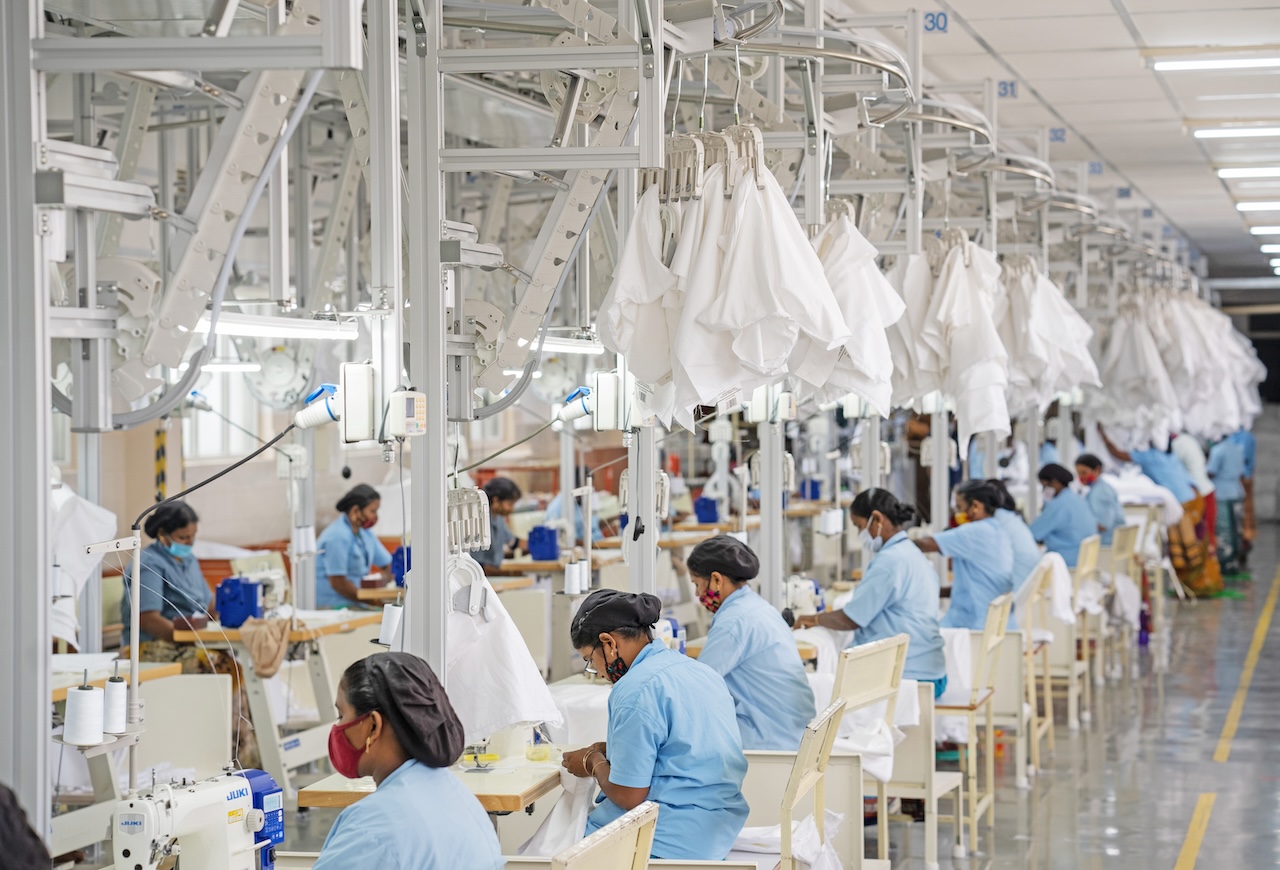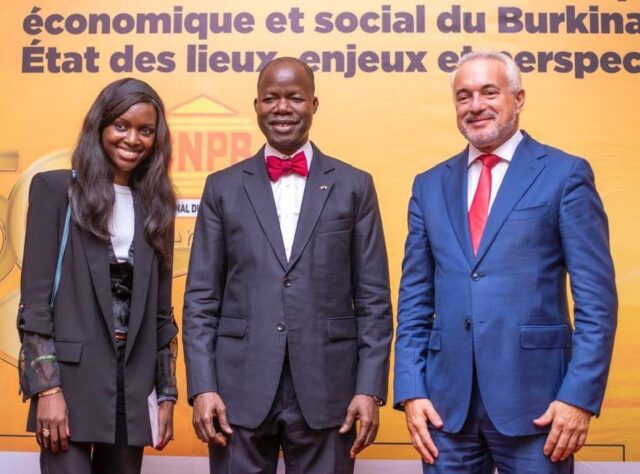The Good Fashion Fund has provided a $2m loan to K.K.P Fine Linen for the installation of an effluent treatment plant in its recently acquired wet processing facility.

The $19m (€18.3m) Good Fashion Fund (GFF), initiated by the Laudes Foundation and Fashion for Good, has provided a $2m loan to K.K.P Fine Linen, an Indian manufacturer and exporter of bed linen and made-up products, a term used to describe any article made out of fabric, other than clothing.
K.K.P Fine Linen, which is based in the city of Namakkal in the southernmost Indian state of Tamil Nadu, will use the loan to invest in the installation of a biological effluent treatment plant (ETP) to service the company’s wet processing facility.
Wet processing is the stage in textile engineering and manufacturing, which covers the pre-treatment, dyeing, printing, and finishing of ‘greige’ fabric, knitted or woven fabric that is unprocessed – essentially, still in its natural state.
The company’s ETP will use a zero liquid discharge (ZLD) system, which involves the use of microorganisms to break down pollutants in wastewater, with no liquid effluent released into surface waters. The new facility, which will be located in the town of Perundurai, also in Tamil Nadu, will have an installed capacity for processing fabric of 100,000 metres per day.

GFF is managed by Dutch impact investment firm FOUNT whose investment lead for the fund is Jayanth Kashyap. Speaking to Impact Investor, he said: “If you assume that around a litre of water is used to dye a fabric, when an ETP uses a zero liquid discharge system, they can recycle that water and reinject 95% of it back into the process itself. No liquid effluent is released back into any bodies of surface water. That is what K.K.P is planning to do.”
K.K.P Fine Linen is the GFF’s fifth investment and its first in home textiles, with previous investments including Pratibha Syntex and Sri Kannapiran Mills in India, and Progress Apparels and EPIC Group in Bangladesh.
Kashyap said the GFF was poised to make another investment into the home textiles space in the coming weeks.“We will have six companies in total and nine factories, from garment to yarn-making units,” he said.
Social impact
The textile industry is infamous for its poor labour conditions but home textiles have not received as much attention as fast fashion, said Kashyap.
“Home textiles are more ‘remote’ from the brands and less visible than, say, a garment factory but because of upcoming regulations, including in export markets such as Europe and America, a lot of work has been done to address social and environmental issues as well.”
K.K.P Fine Linen said it planned to hire the majority of workers to operate the new facility from local communities and signalled that a focus on gender equality and community development activities would be undertaken alongside broader environmental and social sustainability initiatives.
Kashyap said the GFF also had a social and environmental action plan for the company, as for all of its investees, and would regularly monitor progress.
“This is the result of the due diligence we do, conducted by third party advisors such as the Fair Wear Foundation, which details the actions that need to be taken in each of the factories to ensure basic standards are met. Beyond that, we also focus on progressive items, such as upskilling female supervisors or improving the everyday well-being of workers.”
K.K.P Fine Linen, is part of the larger KKP Group of textile companies, which Kashyap said also ran many social responsibility programmes across its subsidiaries.
“These could be around supporting local schools or encouraging school attendance. When we consider an investment, we [GFF] like to know how engaged the company already is with their communities.”
Environmental impact
According to Indian ratings agency CRISIL Ratings, India’s home textile industry is set to grow by 6%-8% in this fiscal year.
K.K.P Fine Linen said it wanted to take advantage of this momentum by backward integrating its processing operations, improving efficiency in its manufacturing and increasing its revenue potential, including by operationalising the new facility.
Together, the ETP and the processing facility are also expected to demonstrate positive impacts across three environmental parametres by reducing chemical consumption, freshwater usage and material waste in-line with stringent local pollution control norms.
“The Tamil Nadu government and the textile industry in the region have been pioneers in driving the adoption of ZLD systems, whose use has been widespread in India for more than 10 years compared to neighbouring countries such as Bangladesh where the uptake and implementation is more recent,” said Kayshap.
The GFF’s own impact methodology is based on five impact focus areas, including investments linked to materials that are safe, healthy and designed for reuse and recycling. Kashyap said this was particularly pertinent to the K.K.P Fine Linen investment, explaining that the GFF aimed at reducing the chemical inputs in the treatment process of effluent water by at least 50%.
“Water reusage is also a particularly important factor for us as is the significant reduction of sludge that is the by-product of the treatment process. These are our main KPIs,” he added.





